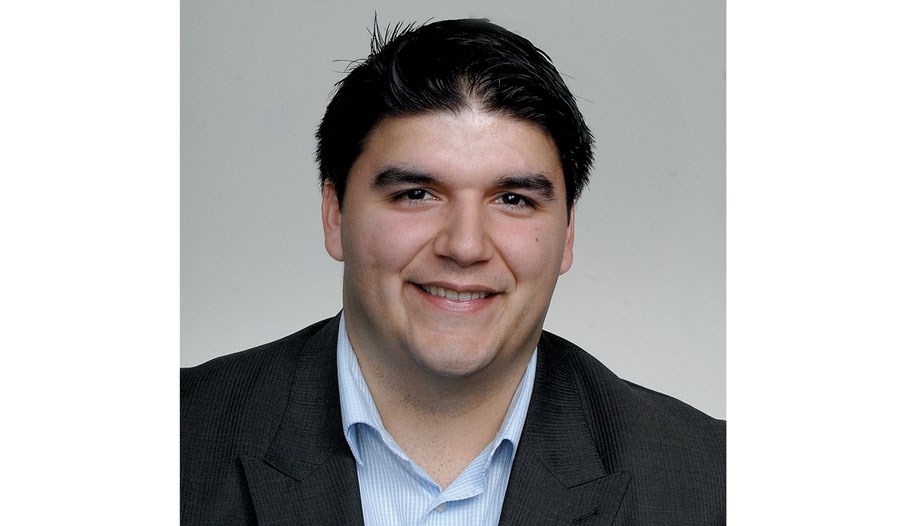A glance at the news, both at home and abroad, will lead even the casual observer to declare the obvious: there is a leadership deficit in the West.
Russia has destabilized a country that had its borders essentially guaranteed by NATO and the USA; yet President Obama sits back, praying that "soft power" will convince the strong man, Putin, to call off his dogs. In Europe, the plot thickened as anti-European Union parties took a historic number of votes in the latest pan-European elections, thanks to the anger Europeans feel towards the centralization of power of Brussels during the Euro crisis. And here in our own province, teachers and the BC Liberals are going at one another again in a battle that is now over a decade old, and beginning to look irredeemable.
The funny part to all this, if one can use such language, is that all of these issues stem from a fundamental misunderstanding of what leadership is and how it is embodied. For decades, Western politicians have bought into the idea that it is programs, norms, and "systems of engagement" (read parent-teacher interviews and the United Nations) are the best way to solve problems for everything from domestic disputes to international conflict. But, as any person who has ever been forced to complete a group project with less than satisfactory cohorts can tell you, this framework only functions if everyone involved is willing to support the system. One bully, one control freak, one hand wringing worry wort, and the whole system goes up in smoke, whether its on the playground or the international stage.
But what's the answer? How can an the West be in such dire straights in its leadership, when everywhere one turns there are leadership books, courses, and seminars? The answer is simple - we've forgotten the core piece to leadership, and all human decision when life hangs in the balance: courage.
Our greatest accomplishments as a species are not simply the results of the best laid plans, but rather the end results of our combined courage and resourcefulness. Tyranny and bullying are not overcome by sensitivity training and facebook awareness campaigns; they are stopped by flesh and blood, by the sacrifice of those who will not be subordinated to the corrupt will of others. In the case where two offended parties would do better to cooperate and work towards a better future, it is paramount that both of those parties choose to reconcile - and that takes courage as well. In fact, all of democracy is built on the premise that it takes courage to compromise, between freedom and order, between monarch and people, between budgets and services.
We need to remind our politicians, union leaders, and community organizers that although we've had our faith shaken in the system, we are still willing to see it redeemed. There is a place for hope in our dark world, and that hope is the light that sparks change at home and abroad.
But the first step to all this consists in refocusing our emphasis. It is not the system, but the people in it, that make or break it. In order to engage in any meaningful way with one another, even our enemies, we must allow courageous individuals to come forward and share their ideas. Political correctness and what's considered proper in polite society cannot help us if they stifle creativity and honest dialogue.
There is certainly a chance for a better world - the question is, which of us has the courage to make it happen?



